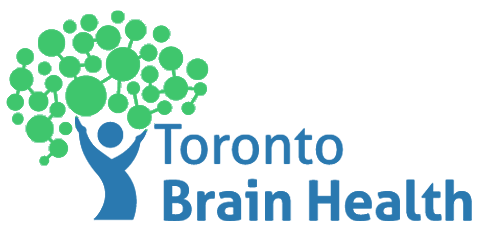Following a concussion, 80% of people recover within 7 to 14 days while for the other 20% it can take longer for post-concussion symptoms to resolve. There are a lot of horror stories in the news, on social media and online about people who take months or years to recover from a concussion or, even worse, people who never recover (as many of us know, Dr. Google is not great for calming our anxieties). While this is alarming, especially if you find yourself in this 20% membership group, there is a lot we have learned over the past several years about who is at risk for prolonged concussion recovery, what the barriers to recovery are and how to effectively target barriers to concussion recovery in treatment. To be clear, just because your symptoms have continued, it does not mean your brain has not healed. The more time that passes since the injury, the more likely it is that other factors prolong your recovery from symptoms.
Didn’t find what you’re looking for?
Concussion treatment for persistent symptoms
Treatment guidelines for concussion with persistent symptoms: Neuropsychologists play an important role in treating persistent symptoms following concussion. Barriers to recovery and their impact on thinking abilities are identified in assessment (e.g., low mood, anxiety, trauma, pain, sleep problems), and are targeted using evidence-based treatment. Neuropsychologists are particularly well suited for concussion management as they can assess and treat both psychological and cognitive symptoms as they have specialized knowledge in brain function and rehabilitation.
Why see a neuropsychologist after sustaining a concussion
Neuropsychologists, as well as physicians, can diagnose concussions. Neuropsychologists can further provide a comprehensive evaluation of psychological and neurocognitive symptoms after injury. Barriers to recovery are identified during initial assessment. These barriers can include low mood, irritability, anxiety, trauma, exacerbation of some or all pre-injury mental health conditions, headaches, other ‘traveling pain’ in the body or head, sleep disruption, overfocusing on symptoms and related difficulties, avoidance (e.g., screens, activities, lights, noise), low stress tolerance and most importantly misinformation about concussion and recovery. As part of treatment, neuropsychologists can determine return to work readiness, create a return-to-work plan together with your input, and provide you with guidance over the course of your return-to-work plan to increase the likelihood of a successful return in the short and longer term.



